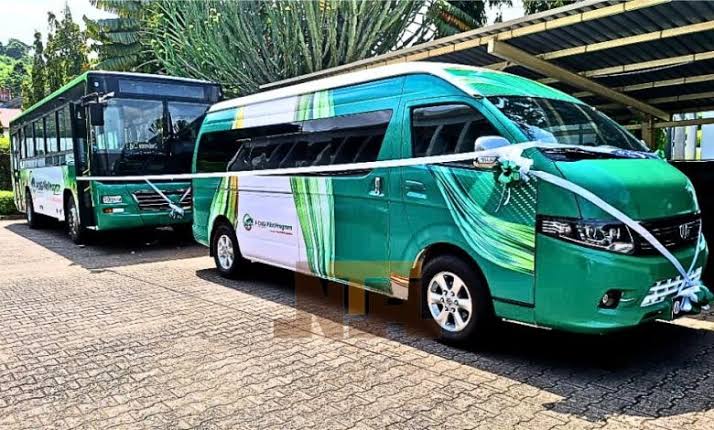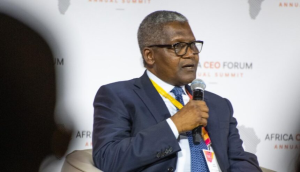
The Federal Government of Nigeria has received 60 locally assembled Compressed Natural Gas (CNG) hybrid buses as part of ongoing efforts to provide affordable and comfortable transportation solutions across the country. The buses, delivered by Jet Motor Company, are a significant step under the Presidential CNG Initiative.
In an announcement made through its official X handle on Thursday, August 8, 2024, the government highlighted that this development aligns with President Bola Tinubu’s commitment to leveraging Nigeria’s gas resources for economic benefits.
The buses were handed over to a delegation comprising officials from the Ministry of Finance and representatives of the Presidential Initiative on CNG (Pi-CNG) at Jet Motor Company’s manufacturing facility in Ajah, Lagos.
During his national broadcast amid the #EndBadGovernance protests, President Tinubu emphasized the nation’s dependency on oil-based petrol, which had overlooked the potential of gas resources. He remarked, “We met a country that had been dependent solely on oil-based petrol, neglecting its gas resources to power the economy. To address this, we immediately launched our Compressed Natural Gas Initiative to power our transportation economy and bring costs down.”
The President further explained that the initiative is projected to save over ₦2 trillion monthly, previously spent on importing Premium Motor Spirit (PMS) and Automotive Gas Oil (AGO). This initiative is also expected to free up resources for critical sectors like healthcare and education.
To ensure widespread adoption, the government plans to distribute one million low-cost or free conversion kits to commercial vehicles, which account for 80% of the country’s petrol and diesel consumption. “We believe that this CNG initiative will reduce transportation costs by approximately 60% and help to curb inflation,” President Tinubu stated.
This move comes in the wake of the removal of the fuel subsidy, which has significantly impacted the cost of living, making the adoption of CNG an essential strategy for reducing transportation expenses and mitigating inflation.








